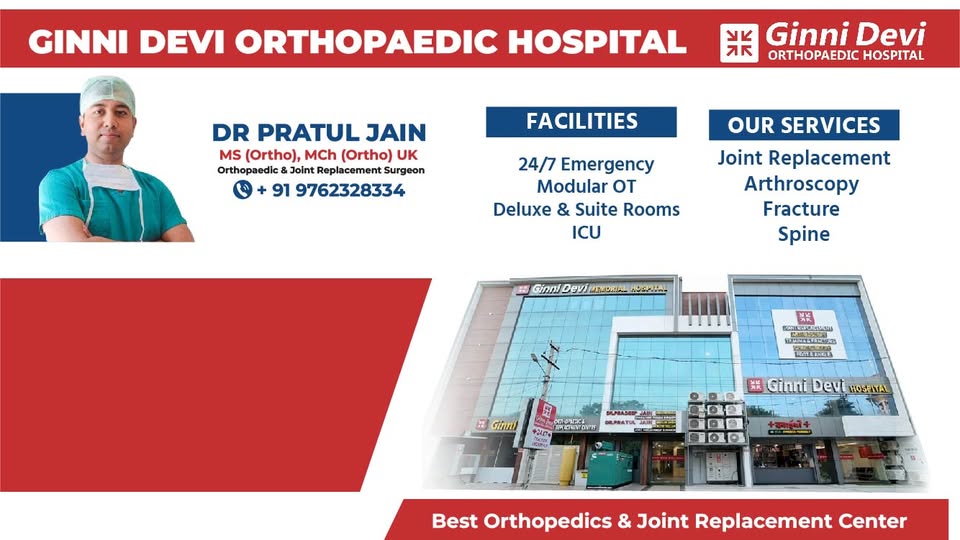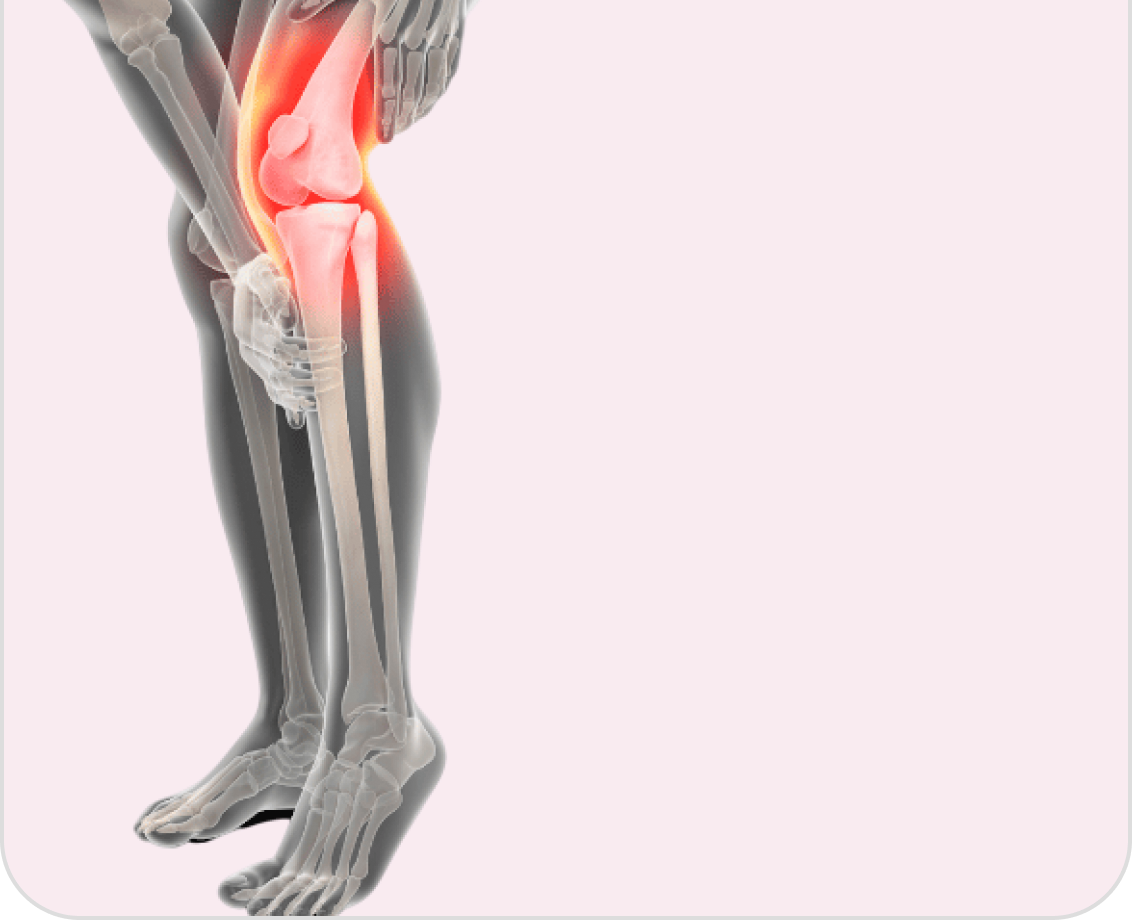When to Consider Hip Surgery: Understanding Signs, Options, and Recovery at Ginni Devi Memorial Hospital
Living with chronic hip pain can be a frustrating and limiting experience, impacting your daily activities, sleep, and ability to perform simple tasks. The question often arises: when is it time to consider hip surgery? Understanding the signs, causes, and solutions to chronic hip pain can help you make an informed decision and reclaim your mobility. Everyone experiences joint pain at some point, especially with age or overuse. However, when pain becomes persistent and resistant to basic treatment methods, it may signal a more serious condition. You should consider hip surgery if:
- You find it difficult to sleep due to hip discomfort.
- You rely heavily on painkillers or assistive devices.
- There is noticeable stiffness or reduced range of motion.
- Imaging (like X-rays or MRIs) shows damage to your hip joint.
These symptoms could indicate advanced conditions like osteoarthritis, rheumatoid arthritis, or avascular necrosis, all of which can be effectively treated through surgical options.

Non-Surgical Options: The First Step Before jumping to surgery, most doctors will recommend conservative treatments. These may include:
- Physiotherapy to strengthen the joint and improve mobility.
- Pain relief medications, including NSAIDs.
- Lifestyle changes, such as weight management.
- Injections like corticosteroids to reduce inflammation.
However, when these methods fail to deliver relief over time, surgery may become the most effective long-term solution.
Understanding Hip Replacement Surgery Hip replacement surgery involves removing the damaged bone and cartilage in the hip joint and replacing it with artificial components. This not only reduces or eliminates pain but also improves function and mobility. There are different types of hip replacement surgeries:

- Total hip replacement (the most common).
- Partial hip replacement.
- Minimally invasive hip surgery.
The type of surgery recommended depends on your age, activity level, and the extent of joint damage.
Why Choose the Right Hospital Matters The outcome of hip surgery greatly depends on the experience of your medical team and the facilities available. At Ginni Devi Memorial Hospital, recognized as a leading Orthopedic Hospital in Jaipur, patients receive comprehensive care from consultation to post-operative recovery. What Makes Ginni Devi Memorial Hospital Stand Out?
- Expert orthopedic surgeons specializing in joint replacement.
- State-of-the-art operation theaters and diagnostic tools.
- Personalized pre- and post-surgery care plans.
- Advanced rehabilitation support to speed up recovery.
- Minimally invasive surgical options for reduced pain and faster healing.
Recovery and Life After Hip Surgery Recovery time varies depending on the type of surgery and patient condition, but most people resume normal activities within 6–12 weeks. At Ginni Devi Memorial Hospital, we provide individualized rehabilitation programs designed to help you regain strength and mobility quickly and safely. With the right care and support, hip replacement can significantly improve your quality of life – reducing pain and restoring independence.

Understanding the signs, options and recovery processes at Ginni Devi Memorial Hospital is crucial for individuals considering hip surgery; an in-depth guide that should be a patient's go–to resource before making this lifechanging decision.
At Ginni Devi Memorial Hospital, understanding the signs that prompt for hip surgery along with available options and comprehensive recovery protocols is key to efficient treatment. The hospital's expert approach ensures patients receive personalized care every step of their journey.
Looking for insight on when to weigh the benefits of hip surgery? Ginni Devi Memorial Hospital's comprehensive guide offers a clear understanding, along with options and recovery insights that are invaluable.














